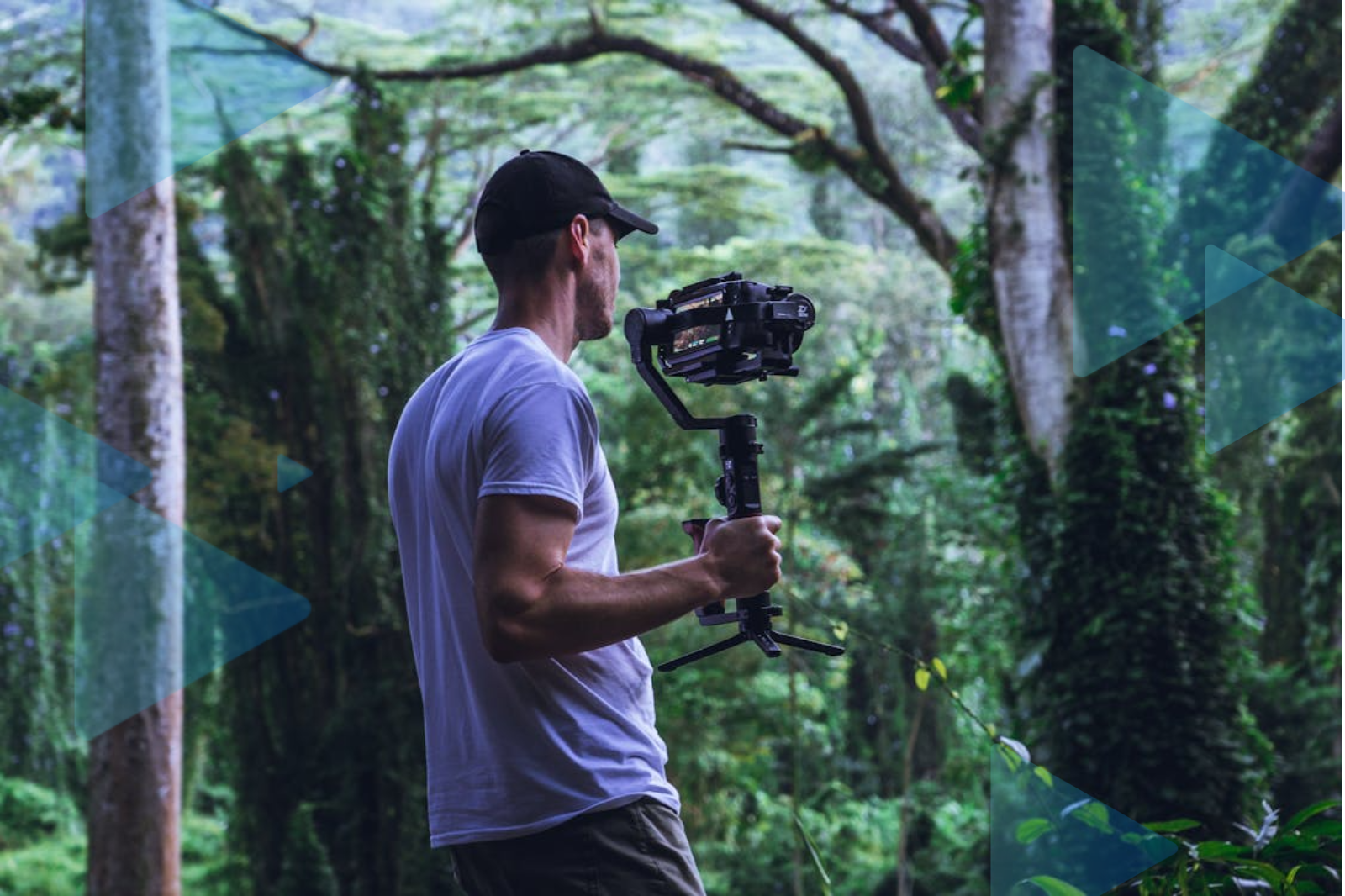
Most traditional businesses turn to banks or investors to get that boost of cash they need to expand their business or weather a stormy period. However, the creator economy, a $100 billion ecosystem, and its exponentially growing group of creators have not conformed (perhaps for the best) to the traditional funding options. And, while creators and their businesses can be incredibility profitable, the options to get funding can vary significantly or not even exist.
The number of funding options for creators is quickly growing and evolving, and it may be hard to compare them all. From traditional banks and SBA loans, to back catalogue licensing through Spotter, Jellysmack, or Viewture, a royalty from Creative Juice or CreatorDAO, or fixed fee advance from Breeze, you need to understand the deal you’re getting into.
When looking at your options make sure you are not only focusing on how much you get today, but also what you are giving up for this money and how much is left over after Uncle Sam takes their cuts.
Here are a few questions to take into consideration when selecting who you take funding from:
1. Creative Control:
Do you retain full creative control of your channel, videos or how you plan to grow over the next few years? Things are quickly evolving in the creator economy, from Shorts monetization to new platforms coming out, or even old ones (i.e. Twitter) mentioning they will launch monetization programs. Do you have the rights to your content, and full flexibility on how to monetize and how to post, or are you giving up certain rights in exchange for the funding?
2. Taxes:
Is the advance you get today tax-free, or will it get taxed? Will tax be paid today or over a period? Will the cost of the funding be tax deductible? All very important to consider and can impact the value of the funding by up to 50%.
3. Cost:
There is no such thing as a free lunch, and every company (short of non-profit) is in the business of making a profit. How is the partner you are choosing to work with making their money? While it seems simple, there is always a cost to do business, and it is important to determine what the cost of each dollar funded would be to you to ensure there are no surprises down the road.
4. Commitment:
We don’t always have a crystal ball on what can happen, whether it’s opportunities you get or broad changes on the platform you use. You need to consider, what are you signing up for and what kind of flexibility you want, and what is it worth to you. Are you locked in for 3 or 5 years, are you required to post content in a manner that you can’t control? Is that something that is important to you to retain control of, only you can answer that…
5. Complexity:
How much time and effort is required to get funded? Traditional banks, while often the cheapest, can take months and have a lot of back and forth, and ultimately may not understand the value of your channel/business. Other transactions require a lot of guessing around future revenue or value of videos, RPMs, etc., but can you forecast those with any certainty. Sometimes complex deals can be great or the only option, but other times it may be easy to follow the KISS model (keep it simple stupid).
6. Back to Zero:
What happens to your cash flow after the deal? Are you handing over the entire or a large portion of your revenue and in turn just recycling the funds you got today to cover your costs for months until you are backup. What does restarting from $0 mean for you and your business?
7. Consider the 'What If':
Any funding comes with terms of what if something goes wrong, and while no one wants to highlight or think about this, it’s something you can’t ignore. What if you don’t post or make a payment, what if want to sell your channel and/or want to pursue a new opportunity outside of posting videos? What will that cost you or how punitive will that be.
8. Use of Funds:
Why are you looking for funding? Is it to grow your channel, your business, a life event or something else. It may not be something set in stone, but you will want to think about this before taking funding from anyone.
While the above is not a complete list or meant to scare creators from taking funding, the biggest goal is to educate you on how to evaluate your options. So, before you get too excited about getting offers, you should run through the above checklist, talk to your advisers (financial, legal, managers, agents, etc.) and think about what is right for you. The companies that offer funding will be around when you’re ready, so do what is right for you and not for the company funding you.








